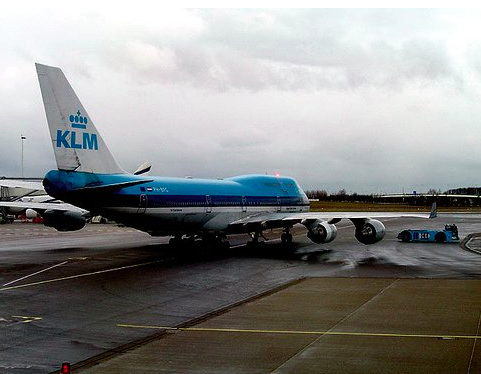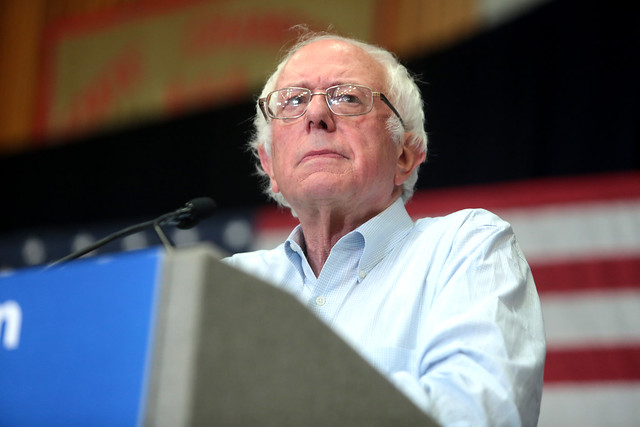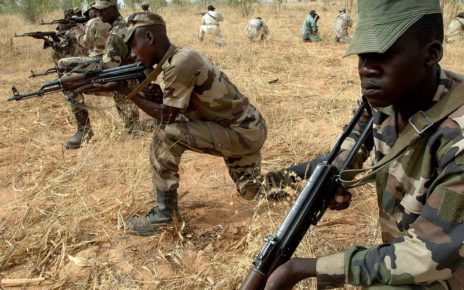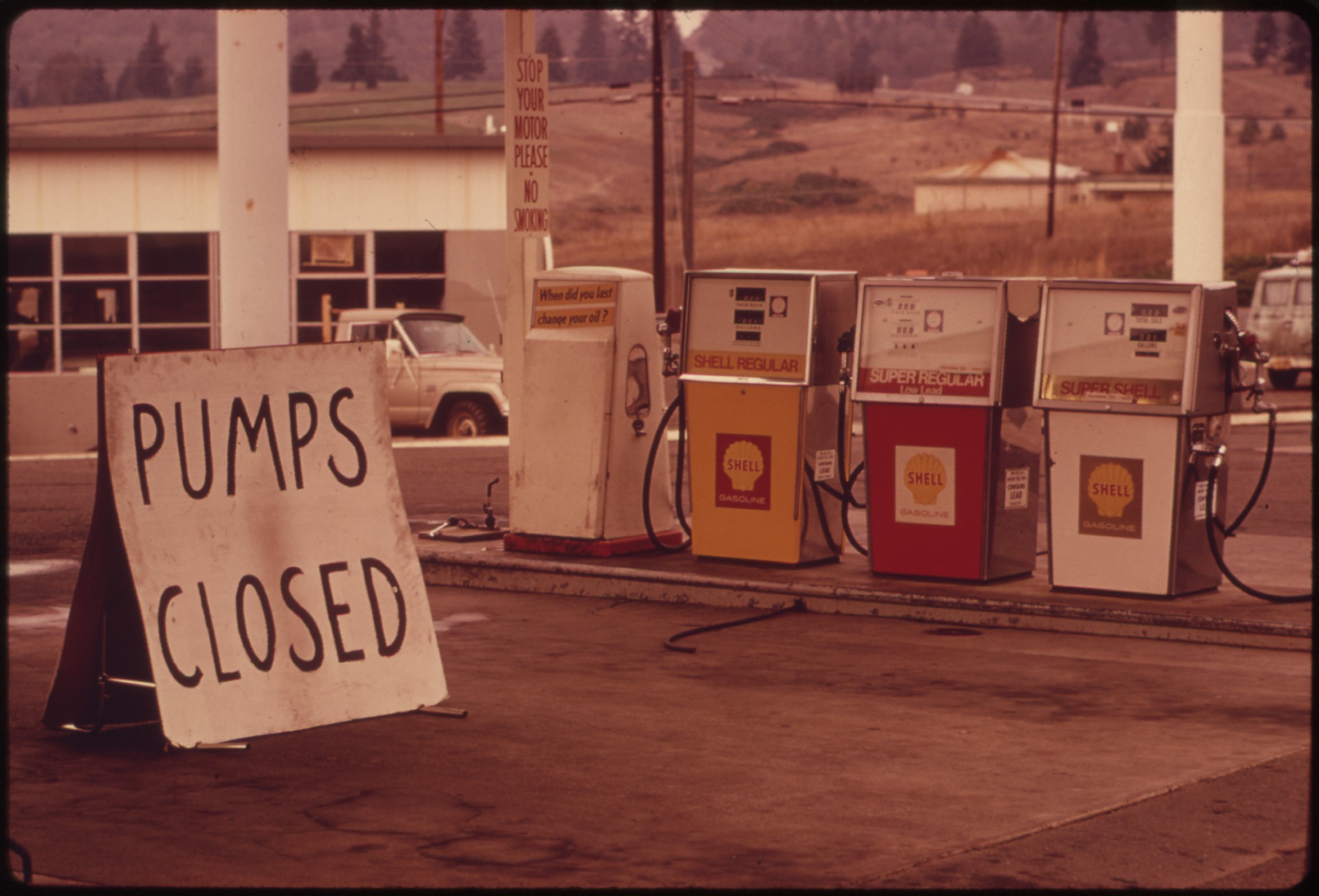Air France-KLM pilots called a week-long strike on September 15, 2014, to protest against the airline’s plan to expand operations to its low-fare subsidiary Transavia. Represented by the Syndicat National des Pilotes de Ligne (SNPL), the pilots fear the business move will force them to work under local contracts and will created an increase in outsourced jobs. SNPL announced that is would extend the strike until September 26, 2014. Since the strike began, shares of Air France-KLM dropped over 3%, and 60% of Air France flights were cancelled, forcing Charles De Gaulle airport in Paris to halt 212 out of 500 flights.
The French government is now taking a stand, pressuring pilots to end to the strike. French Prime Minister Manuel Valls stated that “it is regrettable that a single category of employee, in this case pilots, can bring air transport in the country to a standstill.”Air France CEO Frédéric Gagey declared that the strike would cost the Franco-Dutch carrier between 10 and 15 million Euros per day ($14-$21 million CDN). Gagey explained that negotiations with the union are still underway, stating: “we are doing everything we can with social partners to try to find a way out of the situation.” The strike has not only created huge financial losses for the Air France-KLM, but has also forced customers to turn to competing airlines, such as EasyJet, which has increased 1000 additional seats on flights going from Paris to both Toulouse and Nice.
Air France had originally decided to expand its low-fare operations to increase earnings and remain competitive with other European rival budget airlines. Creating additional Transavia bases in other parts of Europe would enable the airline to benefit from lower labour costs and to increase its capacity by 2017 with 100 additional aircraft carrying over 20 million passengers annually.
In 2012, Air Canada faced a similar problem as it faced labour dispute with its unionized pilots and ground crew employees over new employment contracts. Arbitration ended with Air Canada accepting a five-year collective agreement, the launch of Air Canada Rouge to compete with other low-cost carriers like WestJet, and new terms of employment for its employees.
In recent years, the airline industry has seen a significant rise in low-cost carriers. The rising cost of fuel, low profit margins and economic uncertainties have big airlines looking for new ways to cut costs. To compensate for shrinking profits, airlines have increased their fees for seat reservations, started charging for meals, and have made it more expensive to bring luggage on board. As a result, many travelers have questioned the benefits of selecting a budget carrier over a big, commercial airline.
While it is understandable that airlines need to stay profitable and ahead of their competitors, it is important that the pilots’ working conditions not be compromised. Providing proper hours, compensation and a safe working environment for pilots is vital if an airline such as Air-France-KLM wants to uphold its position as one of the safest and most efficient airlines in the world.
While Air-France has offered to put their Transavia expansion plan on hold until December in order to bring this strike to an end, SNPL is concerned that Air France will continue to expand its low-budget carrier. If this strike does not come to an end soon, it will have devastating repercussions for the Eurozone’s second largest economy. Since Air-France is no longer a government-owned corporation, arbitration is not an option. If the French government wants to see the end to this strike, the union and the airline will need to work hard to find a common ground.




